Events make a mockery of predictions. And events of recent days have borne that truth out most starkly. Nobody could have predicted where our nation stands today. We have gone from being a supposedly divided country into one united in response to an unprecedented crisis. The news that the Prime Minister has been admitted to intensive care has united the country in shock — and in hope for his recovery.
From the beginning of the coronavirus crisis, Boris Johnson led in the way he always has. He threw himself into efforts to counter the virus. He dispensed optimism and hope where there was understandable fear. He successfully persuaded the British people not just to volunteer in their hundreds of thousands to help the NHS but to agree to a set of lockdown policies which would have seemed unimaginable just weeks ago.
It’s not that Britain is handling the crisis very differently to any western country. We’re in an extraordinary situation where the tool of lockdown is being used by countries of vastly different cultures and political systems. But many leaders have reached for extra powers with a little too much relish. For his part, the Prime Minister has loathed every stage of the lockdown. This is perhaps why it has won such public support: almost no one seriously thinks he will take this a single step further than is needed, or that he will keep these procedures in place for a day longer than is necessary.
Had the last general election worked out differently, the combination of Corbynism and the current crisis would have been deeply dangerous. The state would have grabbed power over large sections of the economy, but there would have been no guarantee about any power being handed back. The Prime Minister’s instincts tend in the opposite direction. As he knows, the main mission after the crisis will be one of social repair — which means economic repair. The government will need to use every imaginable tool to restore the jobs that have just been destroyed in such large numbers; and will need to place as few obstacles as possible in the way of those who are helping to put the economy back together again.
But before ending lockdown, we need to get a clearer idea about the beast that we are dealing with. The world still lacks the data to know with confidence how infectious or how deadly Covid-19 is.
There is no doubt about its destructiveness: thousands of deaths attest to that. But there is still huge doubt about how many infections are asymptomatic and how well lockdown works as a means of containing the virus. Even now, experts are at odds over whether Covid-19 might have already spread so widely that half of the country might now be immune, or whether it will only have reached a sliver of the population.
The kit needed to answer this question — antibody tests — was due to be rolled out in Britain this week. The theory was simple: the tests would establish prevalence and identify those who have fought off the virus, perhaps without even knowing. They would be largely immune, and could be allowed to go back to work. But it emerged this week that the UK is struggling with the technology and that a breakthrough is ‘at least a month’ away. Most of the rest of the world is in the same boat. So it seems that the lockdown might last for longer, as we try to assess the very basics of the situation.
The main outlier is Sweden, which believes that voluntary lockdown — asking the public to be careful, but not enforcing any rules — will keep the virus on a manageable trajectory. It publishes data every day, and says it will adapt its approach according to the results. The premise is that the virus will not trouble most people, and that there is no point inflicting damage on the economy (or children’s education) if there is no evidence that it will help fight the virus. Sweden is about two weeks behind Britain on the epidemic curve: the world will be watching its progress.
Boris Johnson is more sympathetic to the evidence-led Swedish approach than perhaps any other western leader. At one stage, the Brits and the Swedes were the only countries in Europe to have primary schools still open. The Prime Minister is deeply mindful of the damage inflicted on communities by a lockdown that deprives children of classroom education, especially if there is little evidence that such measures make much difference in a pandemic. Research by University College London has made this point this week. There is a strong case for schools to be first to be released from lockdown rules.
Ending the restrictions will be controversial. It will require a leap of faith — one that can really only be made by the PM. When this magazine went to press, it seemed that his convalescence will coincide with a period where not much could have been decided, because we simply don’t have enough information to make difficult decisions about ending lockdown. For such decisions to be made, the most important factor will be the instinct and the judgment of the Prime Minister. We wish him a speedy recovery.
Got something to add? Join the discussion and comment below.
Get 10 issues for just $10
Subscribe to The Spectator Australia today for the next 10 magazine issues, plus full online access, for just $10.
You might disagree with half of it, but you’ll enjoy reading all of it. Try your first month for free, then just $2 a week for the remainder of your first year.

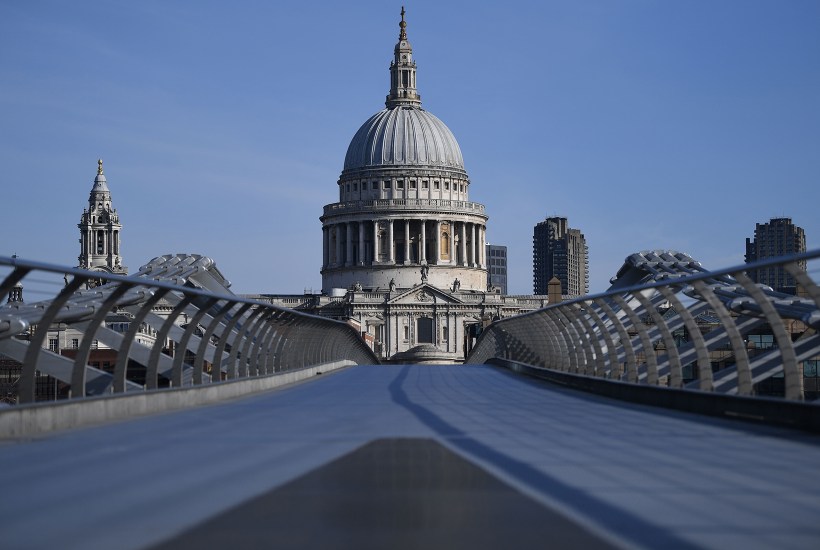
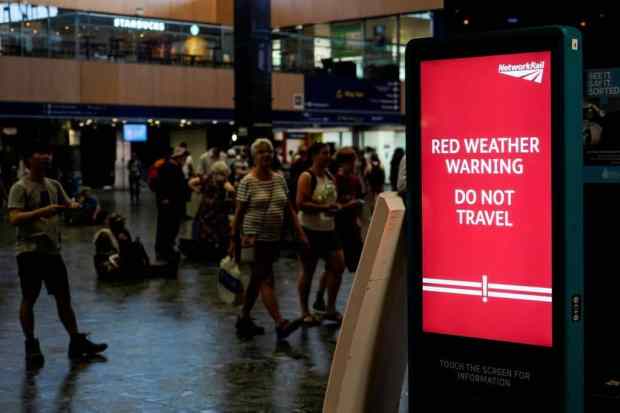
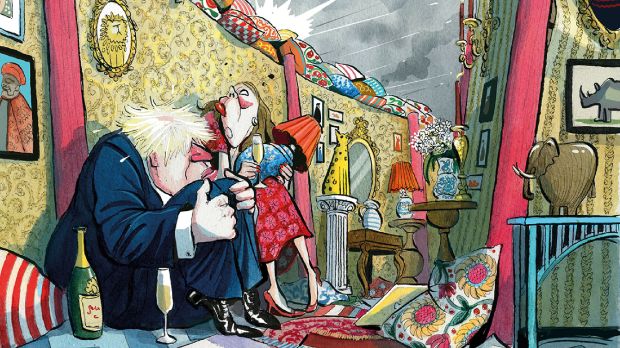
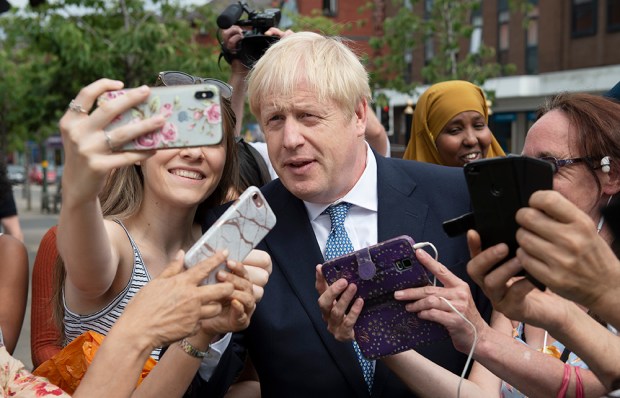
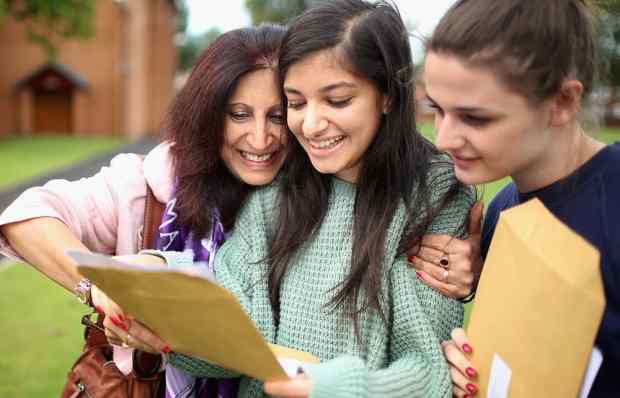
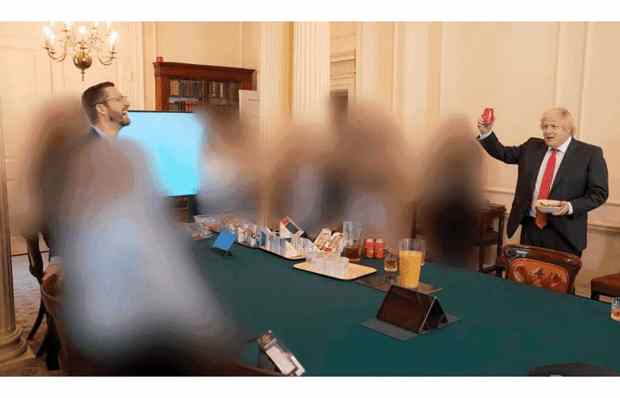







Comments
Don't miss out
Join the conversation with other Spectator Australia readers. Subscribe to leave a comment.
SUBSCRIBEAlready a subscriber? Log in